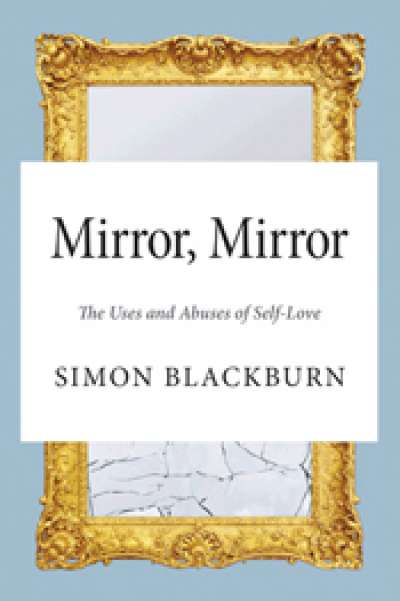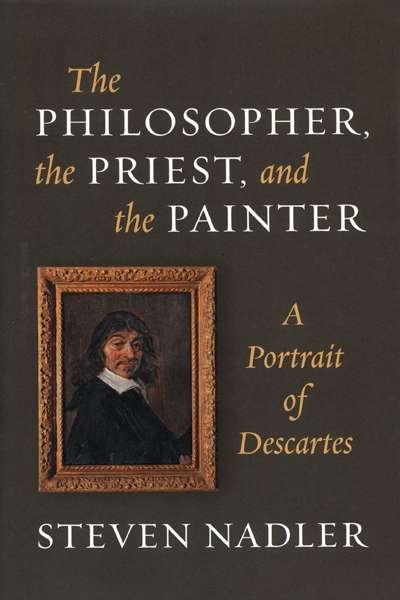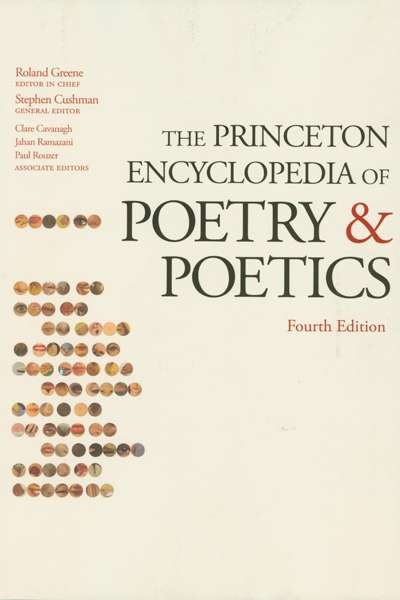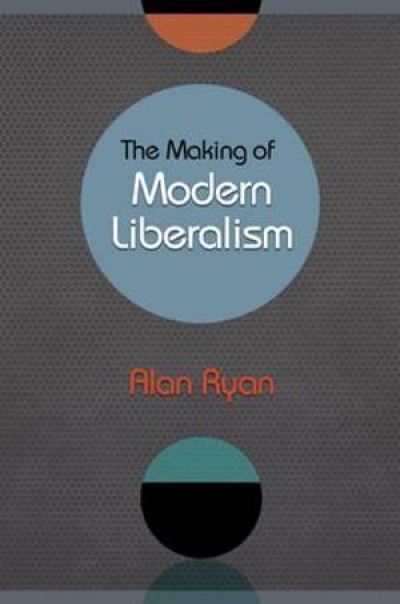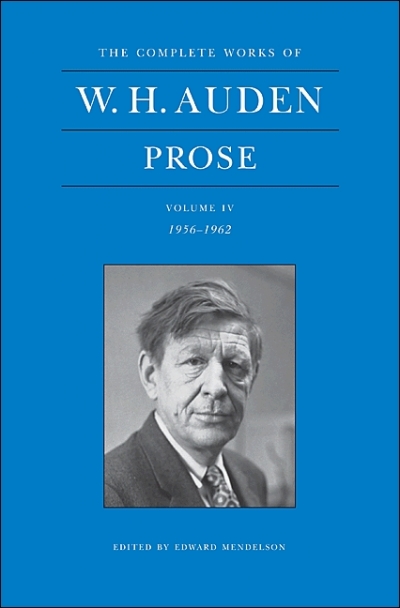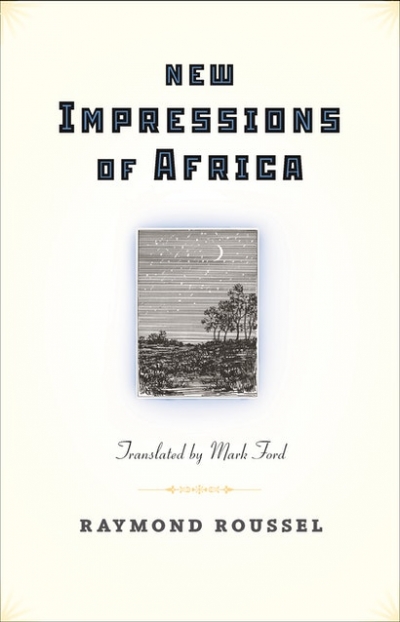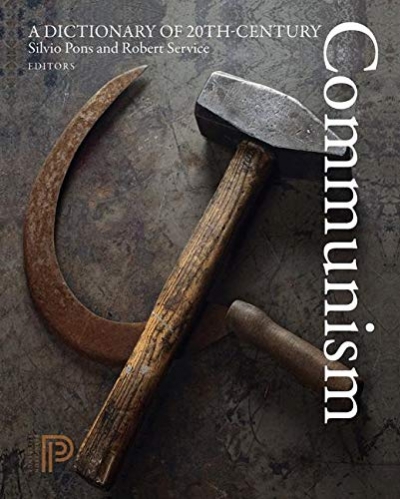Princeton University Press
Mirror, Mirror: The uses and abuses of self-love by Simon Blackburn
by Tim Oakley •
The Philosopher, the Priest, and the Painter: A Portrait of Descartes by Steven Nadler
by Stephen Buckle •
The Princeton Encyclopedia of Poetry and Poetics, Fourth Edition edited by Roland Greene et al.
by David McCooey •
The Joy of Secularism: 11 Essays for How We Live Now edited by George Levine
by Tamas Pataki •
The Complete Works of W.H. Auden, Prose, Vol. IV 1956–1962 edited by W.H. Auden
by Simon West •
New Impressions of Africa: Nouvelles Impressions d’Afrique by Raymond Roussel, translated by Mark Ford
by William Heyward •
A Dictionary of 20th-Century Communism edited by Silvio Pons and Robert Service, translated by Mark Epstein and Charles Townsend
by Stuart Macintyre •

